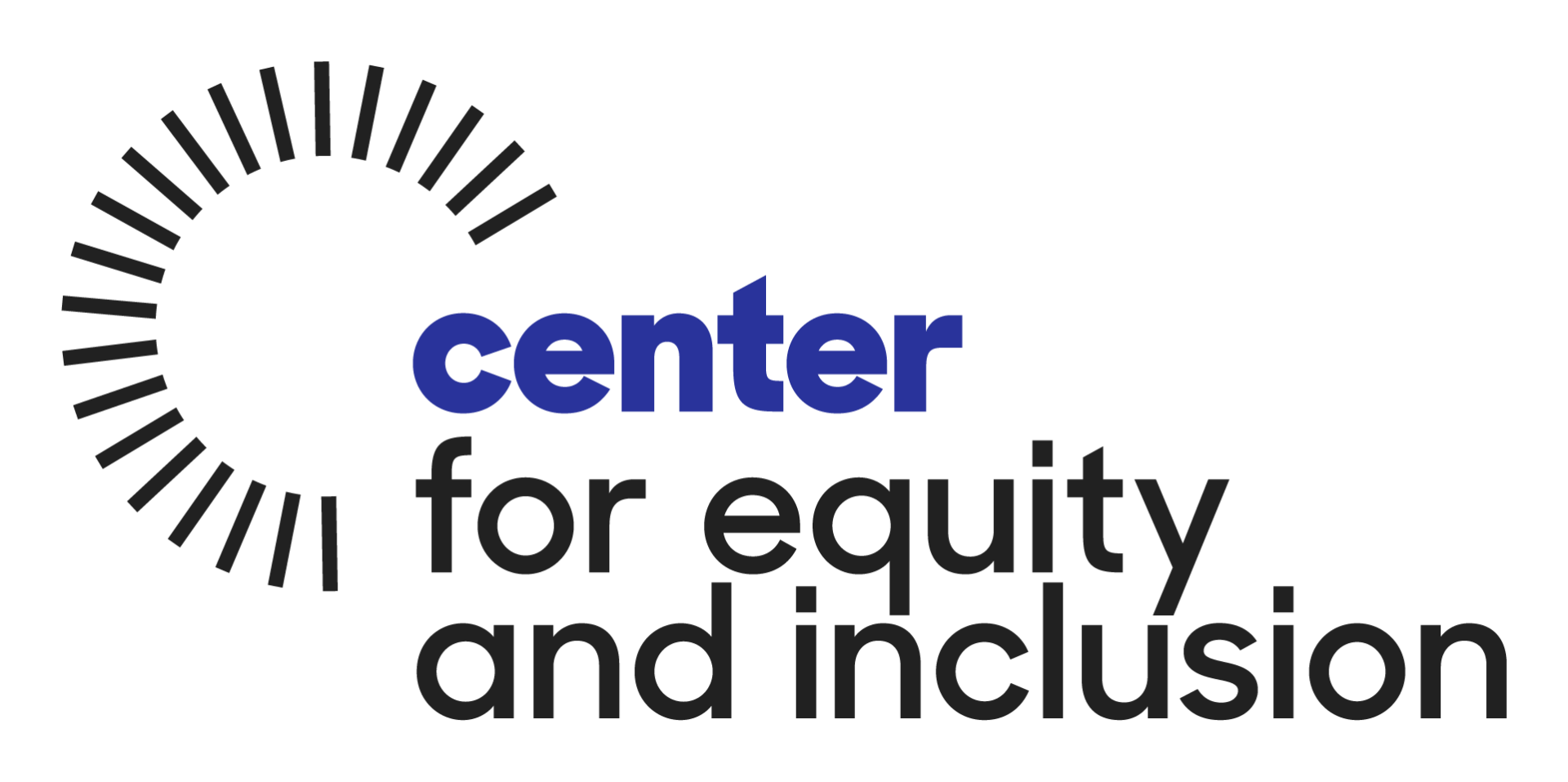What Is Organizational Culture? A Bold, People-Centered Definition
Let’s talk about something that shows up in every workplace but rarely gets named out loud. It’s not in the employee handbook. It doesn’t live in the mission statement. But you feel it every day, in the tone of your team meetings, in who speaks up (and who stays silent), in how people respond when things go wrong.
It’s culture.
So, what is organizational culture, really? It’s the shared values, behaviors, and norms that shape how people work together. It’s the emotional and relational environment we move through each day. And whether it’s intentional or not, it touches everything: collaboration, decision-making, belonging, innovation.
Culture is how people show up for each other, or don’t.
Culture Is What People Experience, Not Just What You Say
There’s a big difference between what a company says it believes and what it actually practices. We’ve all seen it: a beautiful website with bold equity statements, but inside? Policies that have remained unchanged for decades. Microaggressions brushed off as personality clashes. A culture of silence disguised as professionalism.
I once worked with an organization that touted "transparent collaboration" as a core value until junior staff spoke up. Their feedback was met with defensive replies or outright silence. Slowly, the idea-sharing stopped. What remained was a hierarchy masquerading as teamwork: the gap between their polished values and employees' daily reality widening by the month.
And that’s the heart of it: culture is felt, not framed. It’s what people whisper in hallways. Who gets promoted, what gets celebrated, and what gets overlooked.
Why Organizational Culture Matters—Especially for Equity
A strong, equity-centered culture isn’t just about feel-good moments. It’s about whether people are safe, seen, and supported at work.
Culture determines who gets to lead, who gets to learn, and who gets left behind. It shows up in hiring practices, in how meetings are run, in whether a parent feels okay leaving early for childcare. It’s the reason people stay. Or the reason they burn out.
And when culture is misaligned? Even the best strategies fall flat because no amount of planning can overcome a climate of mistrust or fear.
This reminds me of a time when I worked with a team that truly embodied an equity-centered culture. There was an inherent trust that everyone would do their part. We were given flexibility, not just in our schedules, but in how we approached our work and personal lives. It wasn’t about just delivering the task—it was about being valued as human beings. Our leaders believed in us, and we felt it in the way they supported us, communicated, and showed up authentically. No one was left in the dark, and you didn’t have to mask who you were to be respected. People genuinely cared for one another’s well-being, and it made all the difference. There was laughter in the halls, genuine collaboration, and we showed up every day motivated, feeling safe and seen. That’s the power of culture when it’s built on trust and equity.
What Shapes Organizational Culture?
Let’s break it down. Culture is formed by:
Leadership Behaviors: How leaders act when no one’s watching, and how they respond when people are.
Policies and Practices: Think hiring, pay, feedback, promotion. The fine print matters.
Shared Norms: What’s praised? What’s punished? What does "success" really look like here?
Communication Style: Is there room for disagreement? Does feedback flow in all directions?
Physical and Digital Environments: From Zoom culture to Slack tone, from office layouts to accessibility, these shape how people feel and function.
Each one either moves your culture closer to equity or further away.
Organizational Culture Is Always There—But Is It Intentional?
Every organization has a culture. The question is: did you build it on purpose, or did it build itself while you were focused elsewhere?
When we don't tend to culture, default patterns take over, usually ones shaped by dominant norms, historical bias, and inherited practices. These patterns often exclude, whether we mean them to or not.
But when we bring awareness, accountability, and care to our culture, we can reshape it into something liberatory.
So, What Is Organizational Culture?
It’s the current that carries everything else.
It’s how people relate to each other, how they lead and learn, how they navigate power, and how they build community.
And here’s the good news: culture is fluid. With enough courage and care, it can evolve.
You can shape it to reflect your values. You can co-create it with your team. You can build a culture where people don’t just survive, they belong, they grow, and they rise.
Ready to go deeper?
Let’s co-create a workplace where everyone can rise.
Book with Shafina
or explore our
workplace culture training
to start your transformation.



